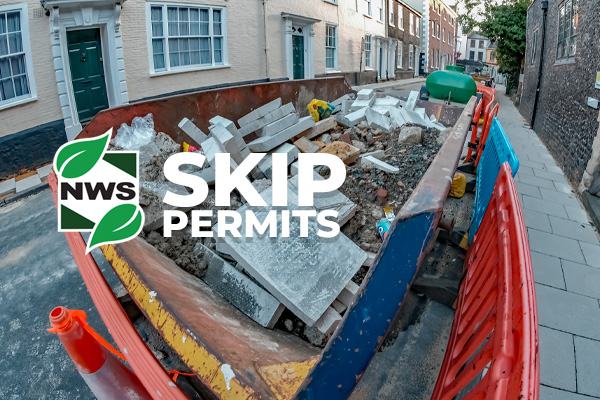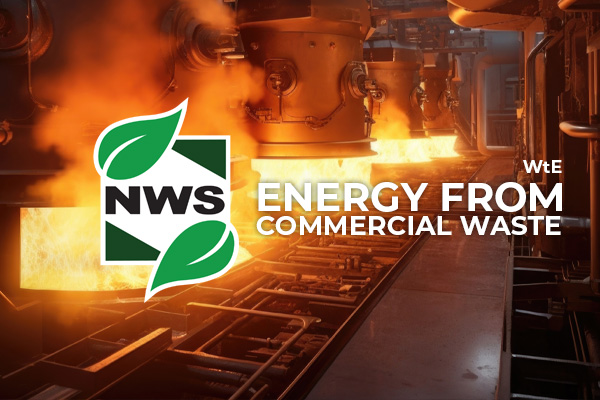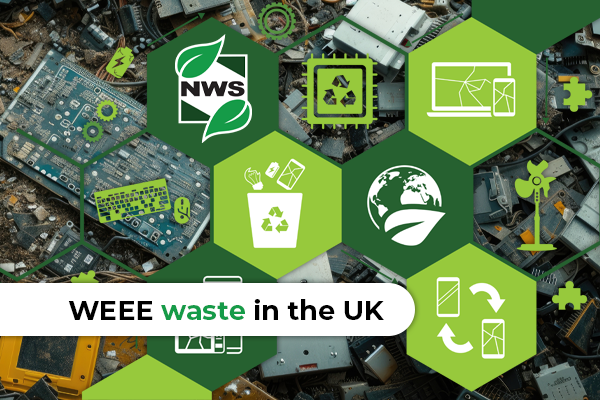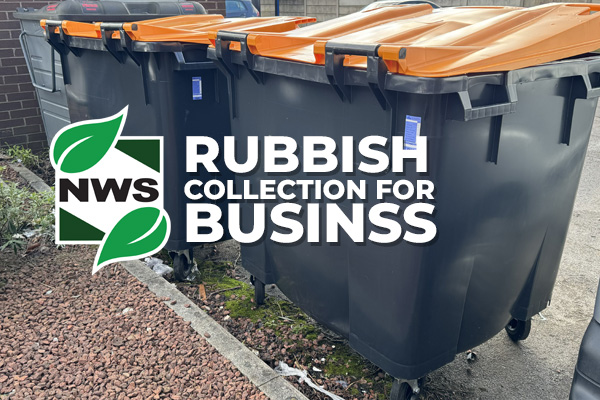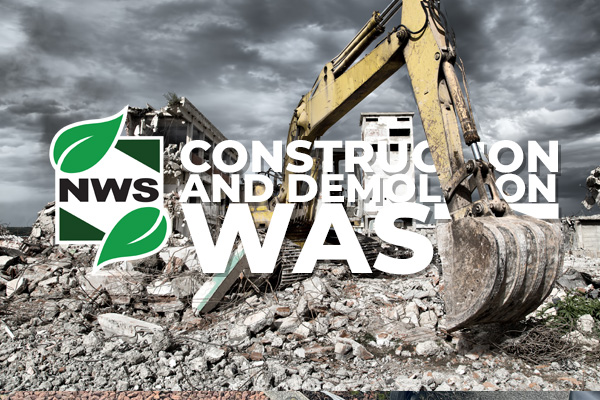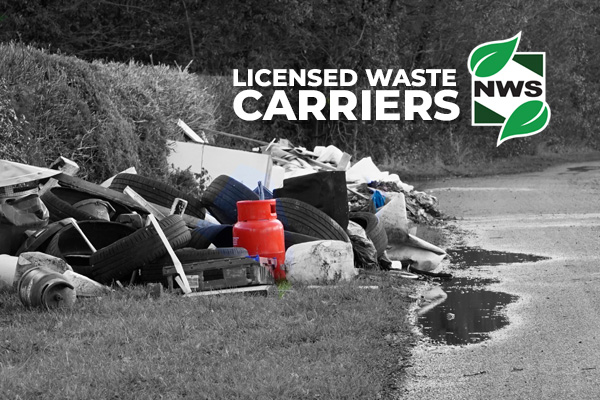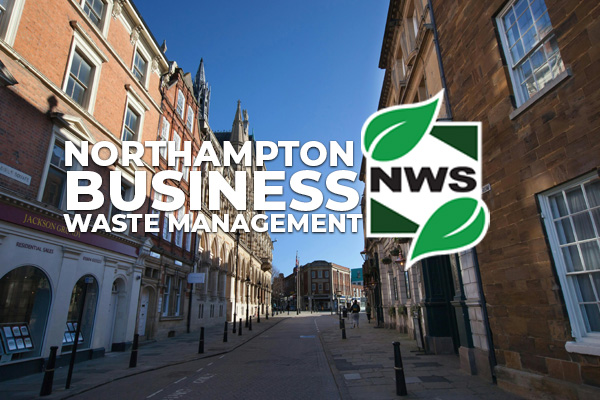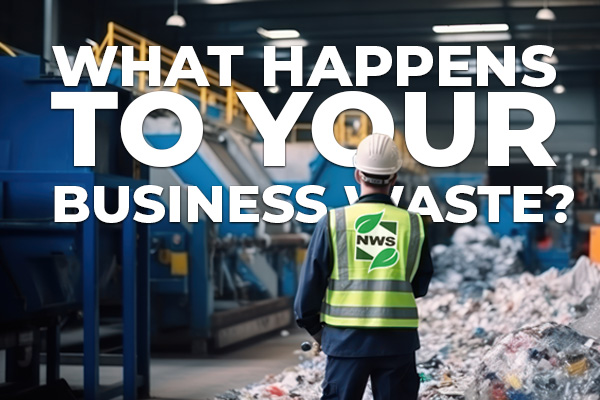Starting the 6th of April 2024, a ground breaking law will reshape how businesses, charities, and public sector organisations manage their waste. Mandated by the Welsh Government, this legislation requires meticulous sorting of waste for recycling, aiming to boost both the quality and quantity of waste collection. Notably, waste collectors and processors are also bound by this law, signifying a comprehensive overhaul of waste management practices across the board. You will be Operating Business around Stricter Recycling Demands.
What the New Law Means to your business?
Under the new regulations, businesses must segregate various materials for separate collection, including food, paper, card, glass, metal, plastic, cartons, unsold textiles, and small waste electrical and electronic equipment (sWEEE). Simultaneously, prohibitions on sending food waste to the sewer, incineration or landfill disposal of separately collected waste, and landfilling wood waste are set in place.
The reach of this law extends far and wide, encompassing diverse sectors such as agriculture, hospitality, entertainment, transport, healthcare, construction, education, retail, and more. While the majority of workplaces must comply immediately, NHS hospitals and private hospitals enjoy an additional two-year grace period to transition to the new regulations.
This legislative shift marks a pivotal moment for businesses, underscoring their pivotal role in championing environmental sustainability. Compliance not only contributes to a cleaner environment but also enhances corporate reputation and social responsibility.
To support businesses in meeting these demands, comprehensive resources are readily available. The Code of Practice provides detailed guidance on compliance, while WRAP’s Business of Recycling website offers tailored guides and communication resources.

What Waste Needs Separation?
Businesses will be required to segregate the following materials for separate collection:
- Food
- Paper and card
- Glass
- Metal, plastic, and cartons
- Unsold textiles
- Unsold small waste electrical and electronic equipment (sWEEE)
Furthermore, the law imposes a ban on certain practices, including:
- Sending any amount of food waste to the sewer
- Incineration and landfill disposal of separately collected waste
- Landfilling of all wood waste
Who Must Comply?
The scope of this law is extensive, encompassing a wide array of businesses and organisations, including but not limited to:
- Agricultural premises
- Hospitality and tourism establishments
- Entertainment and sports venues
- Transport hubs
- Healthcare facilities
- Construction sites
- Factories and warehouses
- Educational institutions
- Retail outlets
- Places of worship
- Prisons
- Outdoor markets and festivals
England you are Next!
New regulations will soon mandate your business to separate recyclable materials from your general waste. You have until 31st of March 2025, to prepare for compliance. Unless your business qualifies as a smaller entity with fewer than ten full-time employees, in which case the deadline extends to 31st of March 2027.
Including:
- Glass such as drinks bottles and rinsed empty food jars
- Metal such as drinks cans and food tins
- Plastic such as rinsed empty food containers and bottles
- Paper such as old newspapers and envelopes
- Cardboard such as delivery boxes and packaging
- Food leftovers or waste generated by food preparation
What size bin would your business need?
| Bin Size | Capacity (Litres) | Best Application | Approximate Black Bags Capacity |
|---|---|---|---|
| 60L | 60 | Small businesses, offices, cafes | 1-2 |
| 80L | 80 | Small shops, restaurants | 1-2 |
| 120L | 120 | Small to medium-sized businesses, restaurants | 2-3 |
| 140L | 140 | Medium-sized businesses, cafes, restaurants | 2-3 |
| 180L | 180 | Medium-sized businesses, small hotels | 3-4 |
| 240L | 240 | Medium to large businesses, hotels, restaurants | 4-5 |
| 360L | 360 | Large businesses, hotels, restaurants | 5-7 |
| 660L | 660 | Industrial sites, large businesses | 10-15 |
| 770L | 770 | Industrial sites, large businesses | 15-20 |
| 1100L | 1100 | Industrial sites, large businesses, commercial use | 20-30 |
| 1280L | 1280 | Industrial sites, large businesses, commercial use | 25-35 |
And Finally
The era of stricter recycling demands poses both challenges and opportunities for businesses. By embracing these regulations, businesses can not only reduce their environmental footprint but also showcase their commitment to sustainable practices and regulatory compliance. As they navigate this new landscape, collaboration and resource utilisation will be key in achieving seamless compliance and reaping the benefits of a circular economy.
Operating Business around Stricter Recycling Demands Sources and Other Reading
- Llywodraeth Cymru Welsh Government – Workplace Recycling
- Wrap The Business of Recycling –
